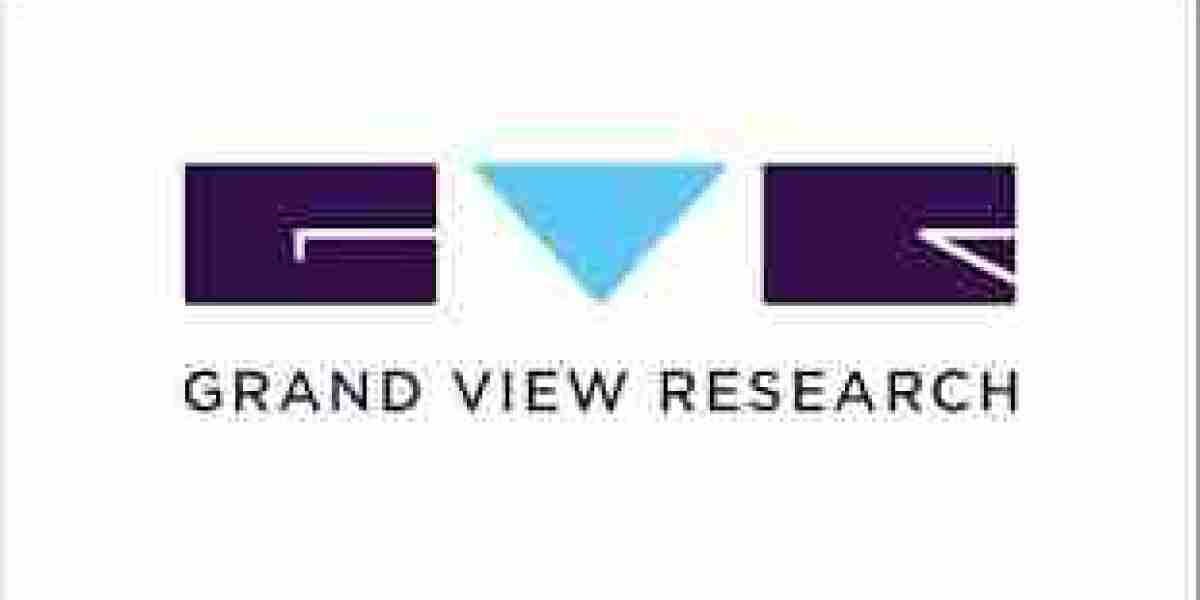The global antibody drug conjugates (ADCs) market was estimated to be valued at USD 11.29 billion in 2023, with projections indicating a compound annual growth rate (CAGR) of 9.2% from 2024 to 2030. This anticipated growth can be largely attributed to a robust research and development pipeline, alongside the rising incidence of cancer and a growing demand for therapies that offer both low toxicity and high efficacy.
Currently, several key ADCs are available in the market, including Kadcyla (Genentech/Roche), Adcetris (Seattle Genetics), Enhertu (AstraZeneca/Daiichi Sankyo), Besponsa (Pfizer), Mylotarg (Pfizer), and Polivy (Genentech/Roche). These drugs represent a novel class of therapeutics that combine an antibody with a cytotoxic drug through a chemical linker, enhancing targeted delivery to cancer cells.
Gather more insights about the market drivers, restrains and growth of the Antibody Drug Conjugates Market
In contrast to conventional chemotherapy, which aims to eliminate rapidly dividing tumor cells but often results in damage to healthy, proliferating cells, ADCs are engineered to improve treatment efficacy while minimizing systemic toxicity. However, the market landscape is significantly influenced by reimbursement policies, particularly in developed economies. The production and research costs associated with ADCs tend to be higher than those for traditional treatments, such as monoclonal antibodies and standard chemotherapy. This leads to elevated overall treatment costs, presenting challenges in securing reimbursement coverage. A notable example of this is the unfavorable review issued by the National Centre for Pharmacoeconomics in Ireland in February 2020 concerning Roche's Kadcyla (trastuzumab emtansine).
Application Segmentation Insights
In 2023, the breast cancer segment led the market, capturing a revenue share of 47.76%. This dominance is driven by several factors, including a rising incidence of the disease, a promising array of pipeline products, and the widespread adoption of Kadcyla. Notable ADCs approved for breast cancer treatment include Trodelvy, Enhertu, and Kadcyla. The recent label expansion of Kadcyla to encompass early breast cancer patients, along with the recent approvals of Enhertu and Trodelvy, are expected to further propel growth in this segment.
The blood cancer segment is projected to exhibit a high CAGR from 2024 to 2030. Blood cancer ranks as the fifth most prevalent cancer and is the second leading cause of cancer-related deaths worldwide. According to the National Foundation of Cancer Research, approximately 186,400 new cases of leukemia, lymphoma, and myeloma were diagnosed in the U.S. in 2022. The anticipated approval of multiple new products during the forecast period is expected to significantly drive market growth. For instance, Polivy was introduced to the market in October 2019 specifically for the treatment of diffuse large B-cell lymphoma (DLBCL), highlighting the ongoing innovation and expansion in the ADC landscape.
Order a free sample PDF of the Market Intelligence Study, published by Grand View Research.



